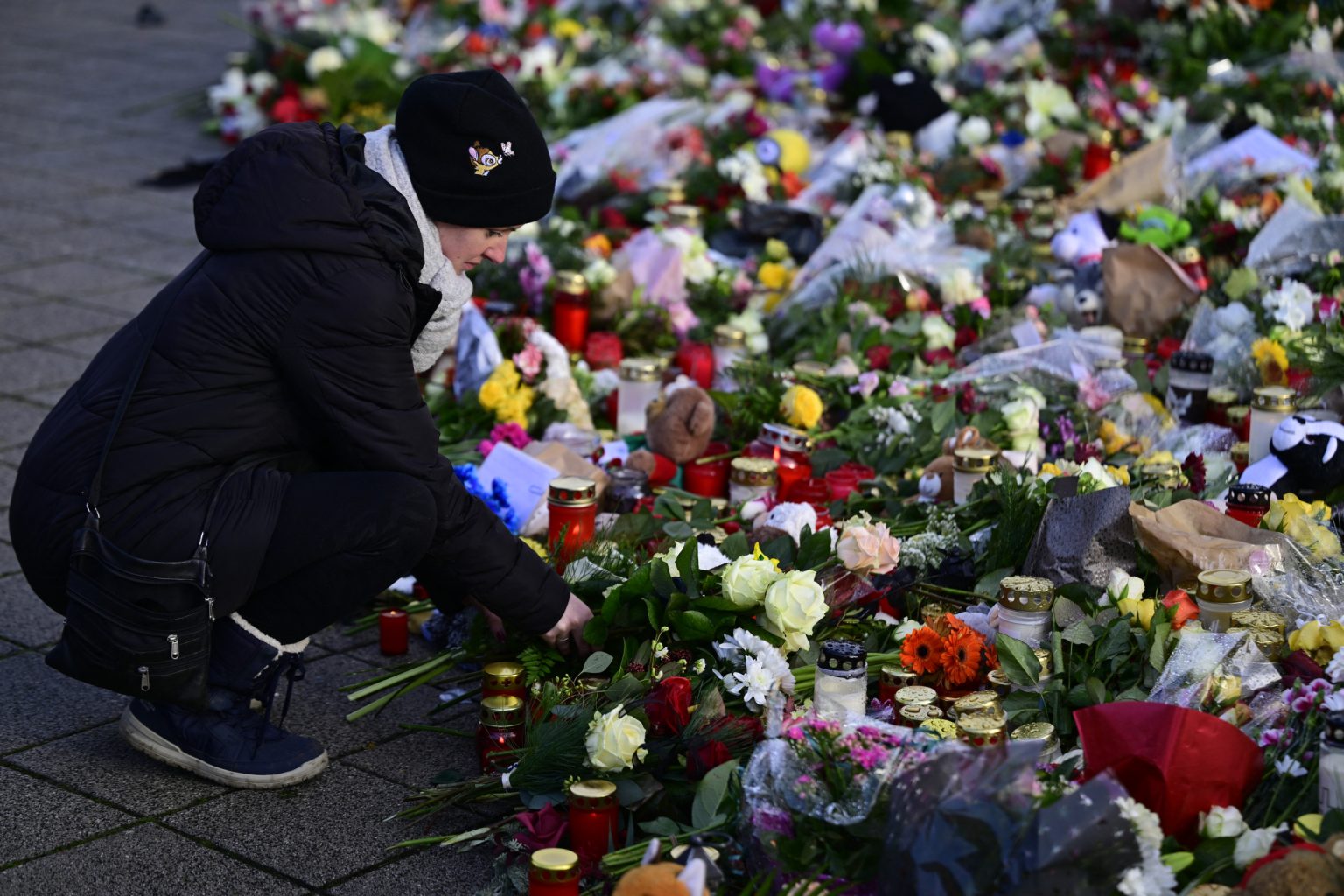The horrifying car-ramming attack at a Christmas market in Magdeburg, Germany, has sent shockwaves through the nation and raised concerns about the potential for political exploitation of the tragedy. A 50-year-old Saudi Arabian psychiatrist, identified by media as Taleb A. or Taleb al-Abdulmohsen, drove a rented BMW into the crowded market on Friday evening, killing five people – four women aged 45, 52, 67, and 75, and a 9-year-old child – and injuring over 200 others. The suspect, who has resided in Germany for over two decades and was granted refugee status in 2016, was apprehended at the scene and is now in pre-trial detention, facing charges of murder, attempted murder, and dangerous bodily harm. While the motive remains unclear, investigators are probing potential grievances related to the treatment of Saudi Arabian refugees in Germany.
The attack comes at a particularly vulnerable moment for German politics. Following the collapse of Chancellor Olaf Scholz’s coalition government, the country is preparing for snap elections scheduled for February 23rd. The incident risks being manipulated by far-right parties, particularly the Alternative for Germany (AfD), which has been steadily gaining ground with its anti-immigration platform. Currently polling at nearly 20%, the AfD stands to further increase its parliamentary presence. This could significantly complicate the formation of a stable coalition government following the elections, potentially leading to an even more fragmented and volatile political landscape than the one that led to the downfall of Scholz’s government.
The suspect’s profile adds another layer of complexity to the situation. Initial investigations suggest that al-Abdulmohsen had previously expressed criticism of Islam and exhibited no known connections to Islamist extremism. Reports indicate that his social media activity revealed support for the AfD and other far-right groups. This seemingly contradictory stance – a Saudi Arabian refugee critical of Islam and supportive of anti-immigration movements – has baffled experts and raised questions about the true motivations behind the attack. While Interior Minister Nancy Faeser labelled the suspect an “Islamophobe,” the complexities of his background and political leanings demand a thorough investigation to unravel the true driving forces behind his actions.
The attack has resonated deeply within Germany, prompting Chancellor Scholz to condemn the “terrible act” and its “brutality.” A memorial service was held at Magdeburg Cathedral on Saturday evening to honor the victims and offer solace to the grieving community. However, the tragedy is likely to cast a long shadow over the upcoming elections. The far-right’s potential exploitation of the incident for political gain poses a serious threat to German democracy and social cohesion. The public’s response to the attack and the subsequent narratives that emerge in the political discourse will play a crucial role in shaping the outcome of the elections and the future direction of the country.
The investigation into the attack is ongoing, with authorities meticulously piecing together the suspect’s background, motivations, and any potential connections he might have had. The examination of his social media activity, his interactions with others, and any grievances he may have harbored will be critical to understanding the factors that led to this devastating act. The results of the investigation will not only shed light on the specific circumstances surrounding this event but also provide valuable insights into the broader challenges posed by extremism and the potential for violence within increasingly polarized societies.
The Magdeburg Christmas market attack serves as a stark reminder of the vulnerability of public spaces and the ever-present threat of violence. While authorities work to uncover the full extent of the suspect’s motivations and ensure the safety of the community, the incident also underscores the importance of vigilance against extremist ideologies and the need for societal resilience in the face of such tragic events. The upcoming elections will be a crucial test for Germany’s ability to navigate these challenges and maintain a stable and democratic future. The nation’s response to this tragedy will have far-reaching consequences, shaping not only its political landscape but also its social fabric and the sense of security felt by its citizens.

